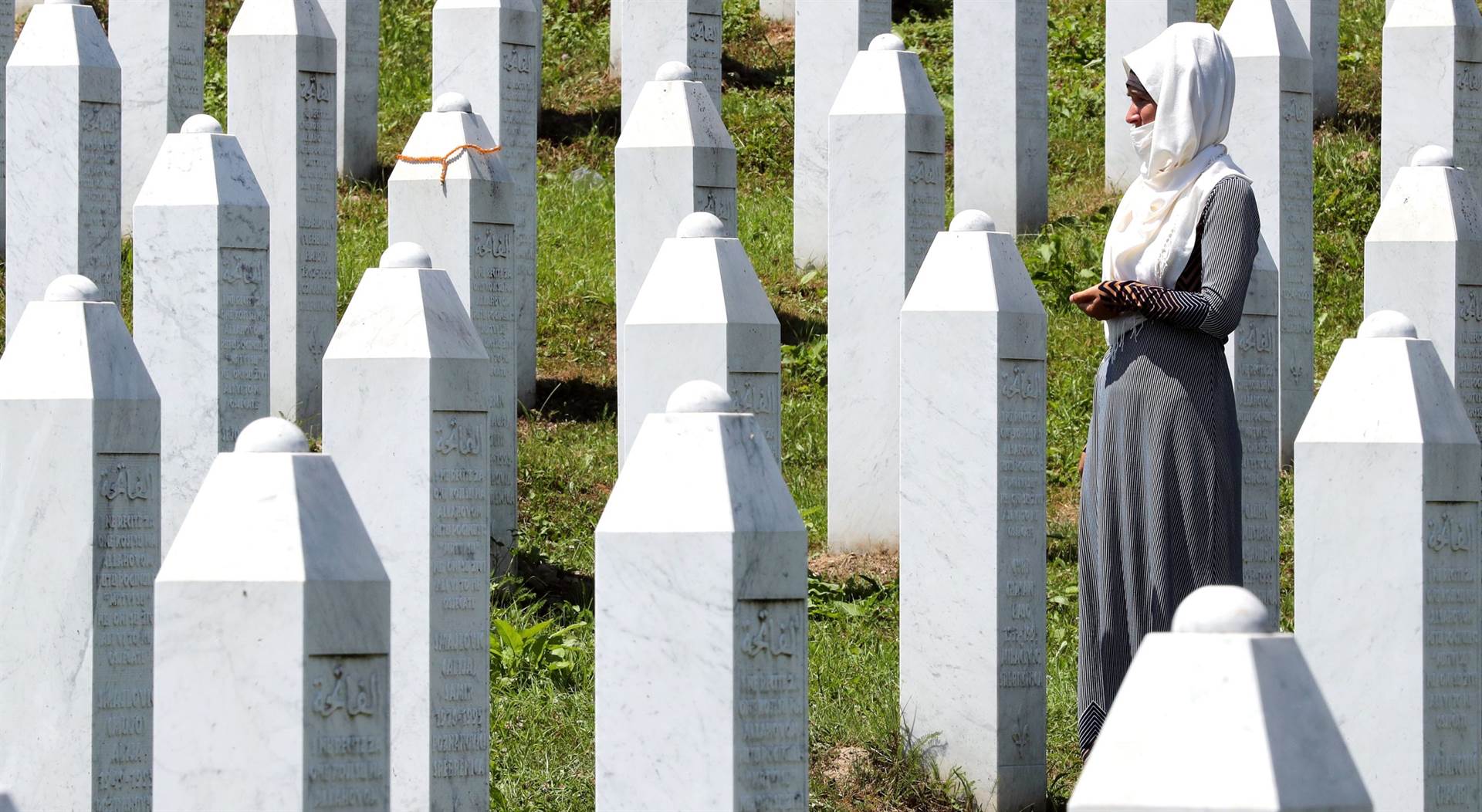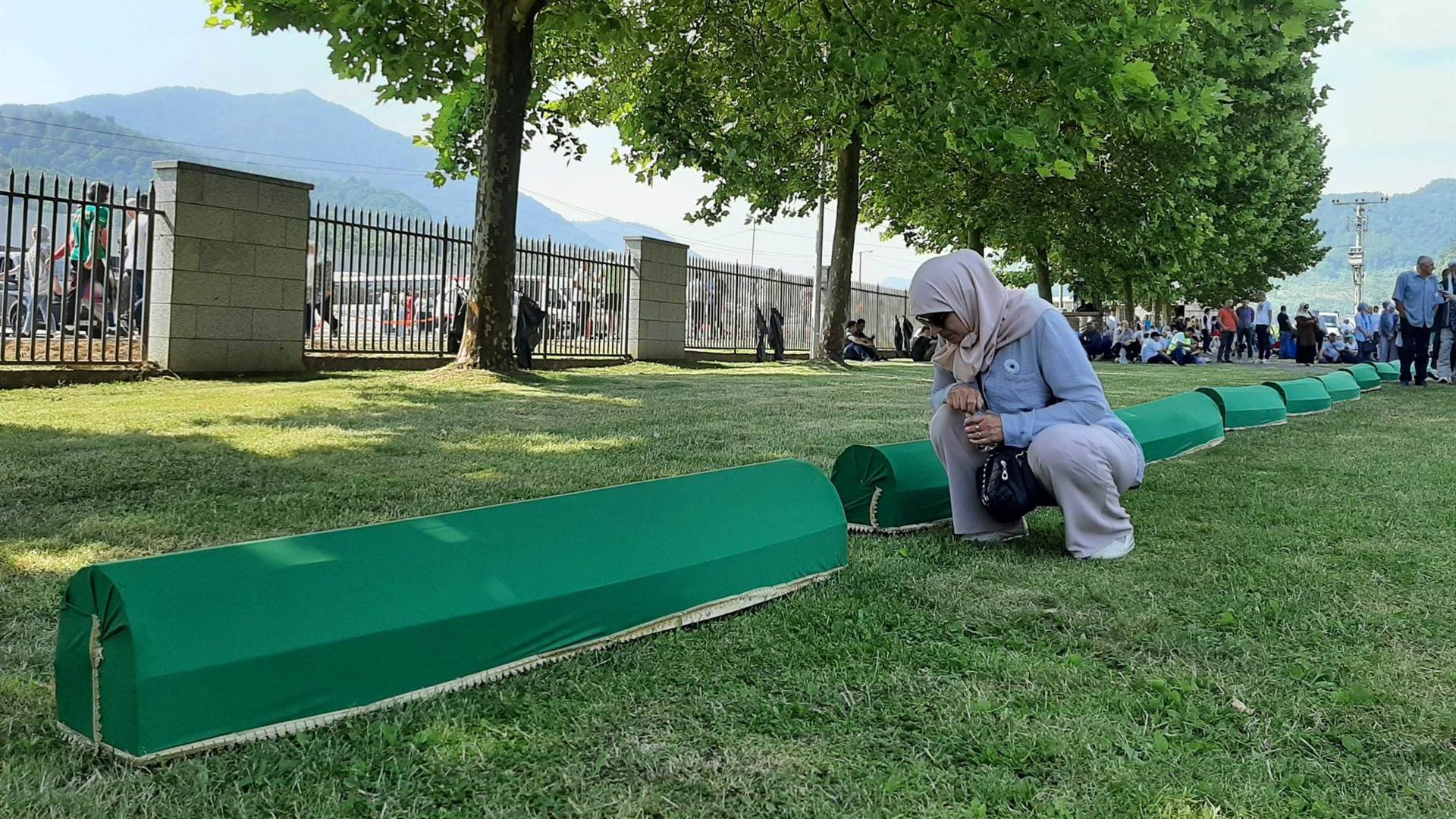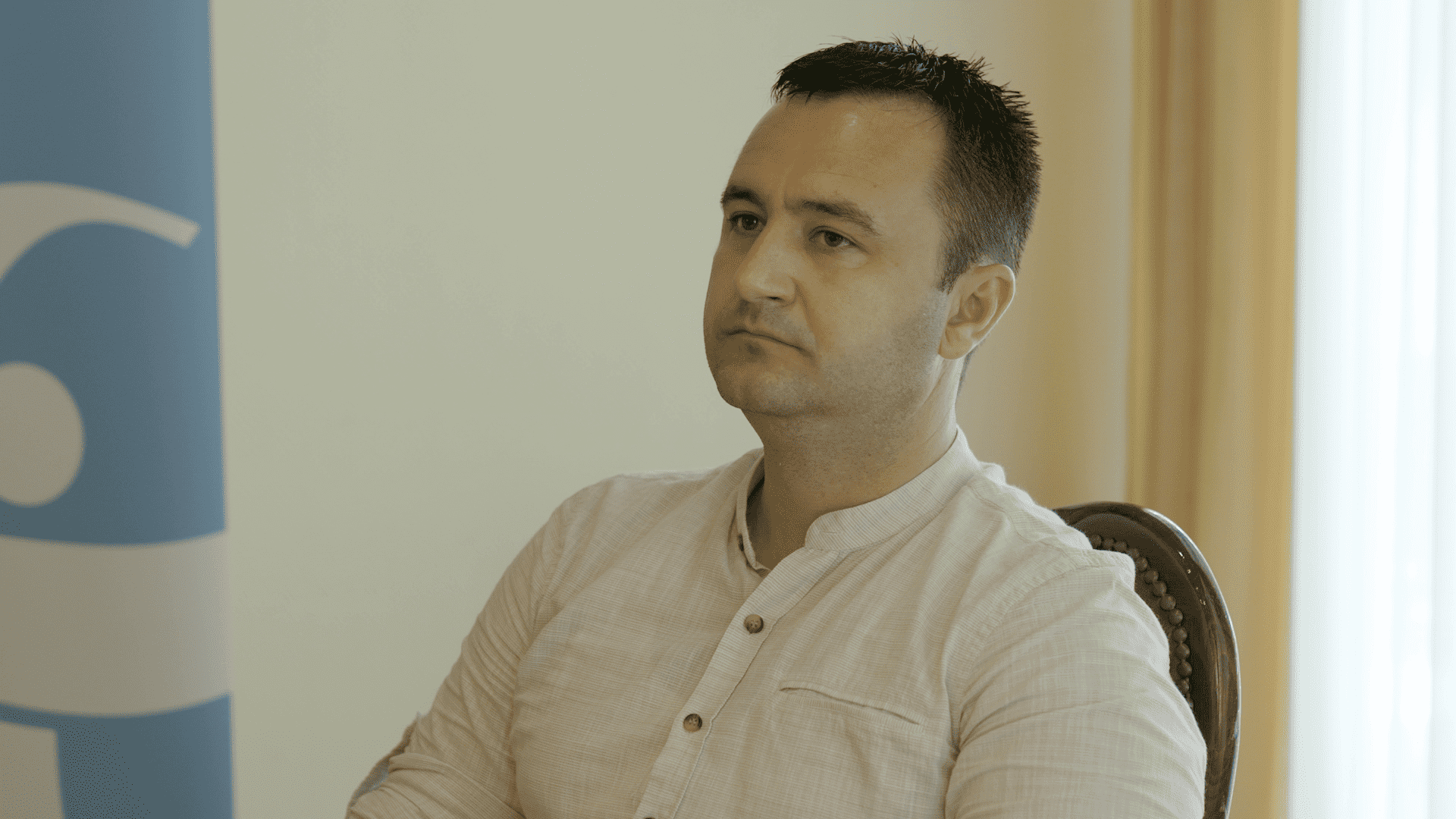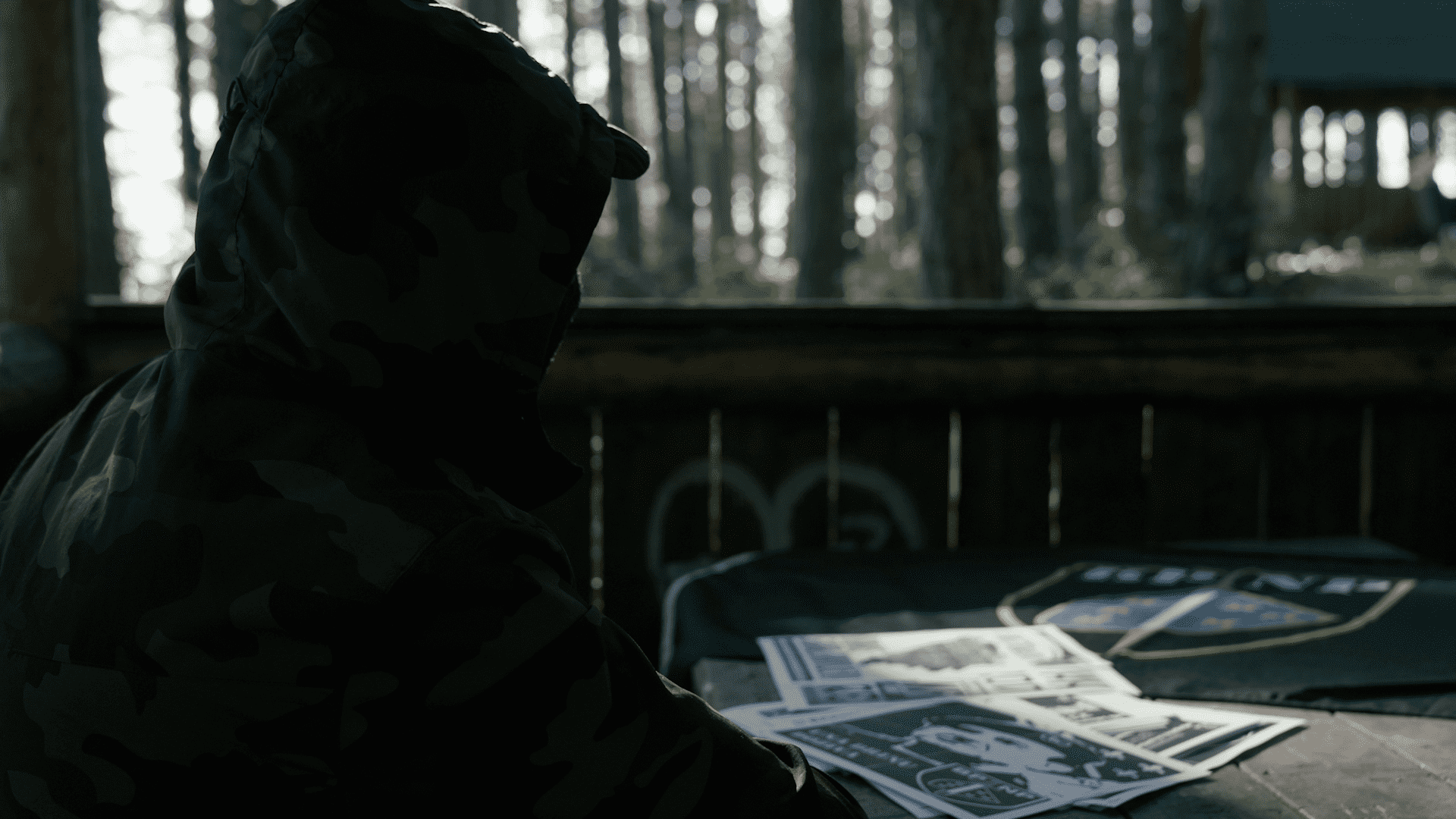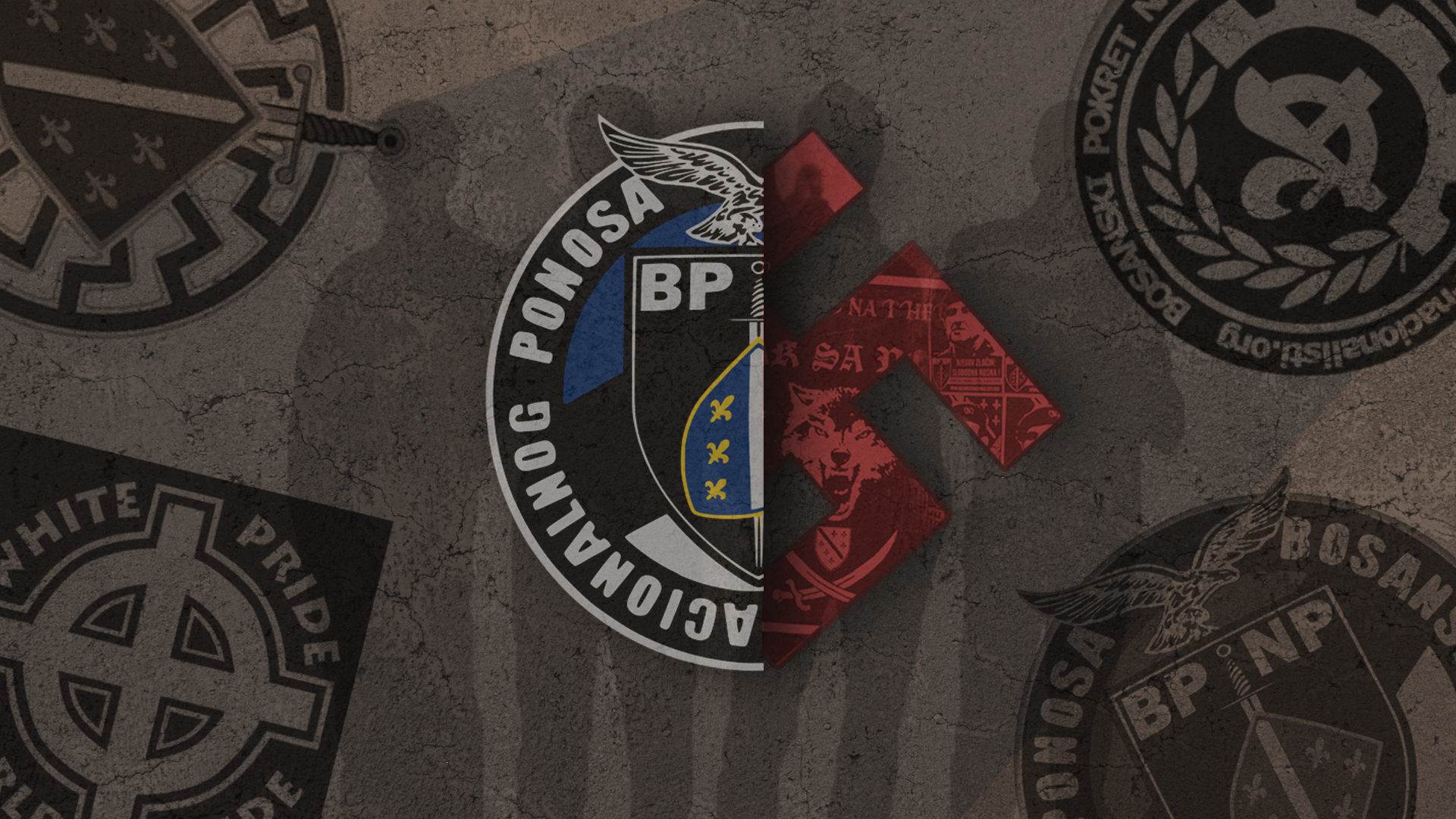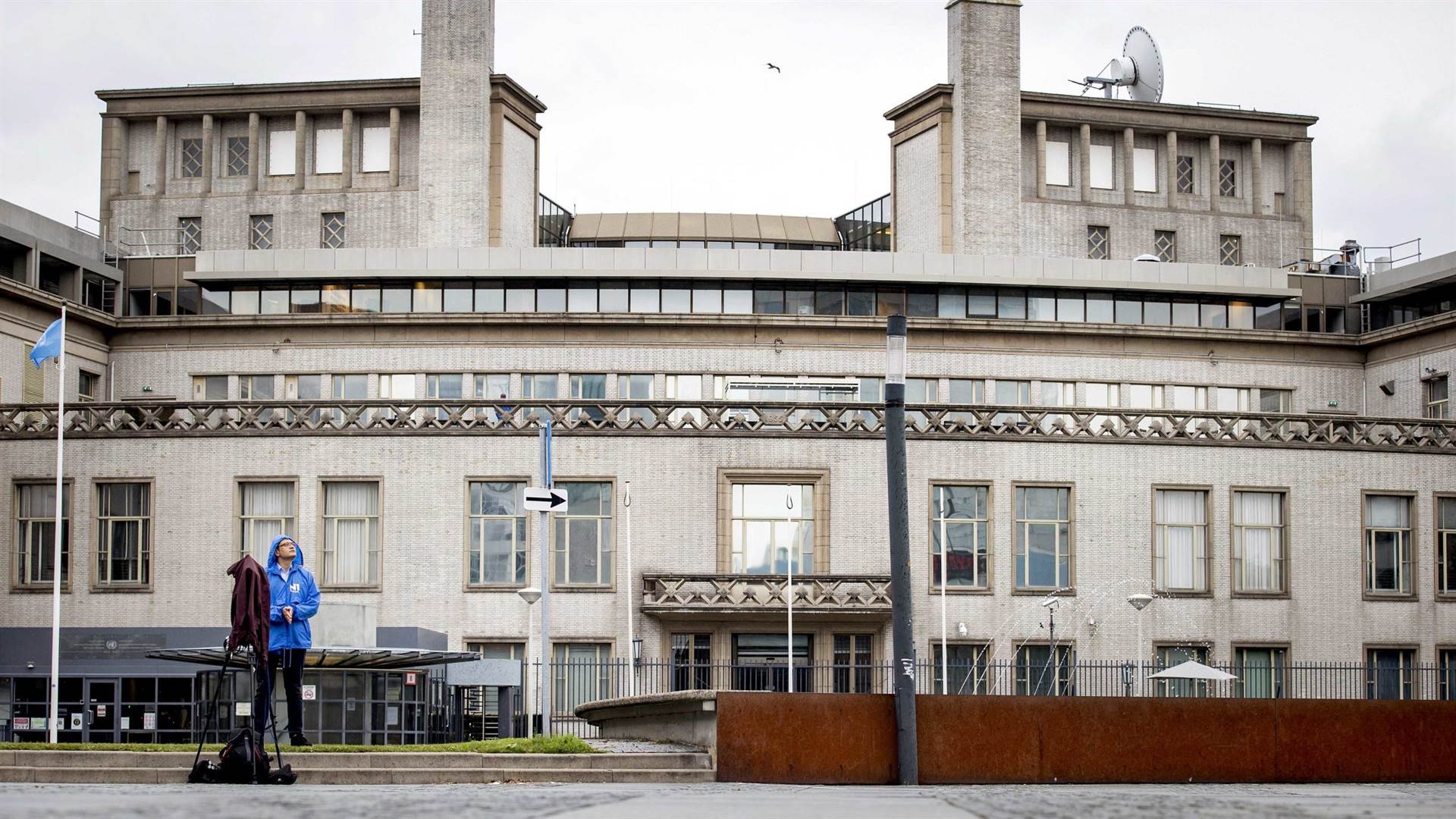Bosnia and Herzegovina’s top international official, High Representative Valentin Inzko, used his power to impose amendments to the country’s criminal code to ban the denial of genocide and the glorification...
A report by a commission funded by the government of Bosnia’s Serb-dominated Republika Srpska entity claims that thousands of Bosniaks from Srebrenica who were killed in July 1995 were active...
As the anniversary of the July 1995 massacres by Bosnian Serb forces was marked at the Srebrenica Memorial Centre, international officials condemned denial of the genocide and the continued glorification...
For seven years now, employees of state institutions in Bosnia and Herzegovina been able to report corruption and be granted the status of whistleblowers or protected denouncers of corruption. But...
BIRN has identified at least 20 Twitter accounts that actively dispute the international court classification of the 1995 Srebrenica massacres as genocide. Their denial of the crime frequently goes unchallenged.
A few weeks ago, a minor drew a Nazi swastika on an obituary notice for a Jewish man that had been affixed to a fence in Sarajevo. The incident came...
BIRN lifts the lid on the Bosnian Movement of National Pride, a secretive organisation promoting neo-Nazi Bosniak nationalism.
The UN court has again rejected a plea for early release from prison for Goran Jelisic, a detention camp guard during the Bosnian war who once described himself as a...
Balkans states might be prepared on paper, but in practice they are struggling to confront the growing threat from cyber-attacks. Bosnia doesn’t have a state-level strategy.

